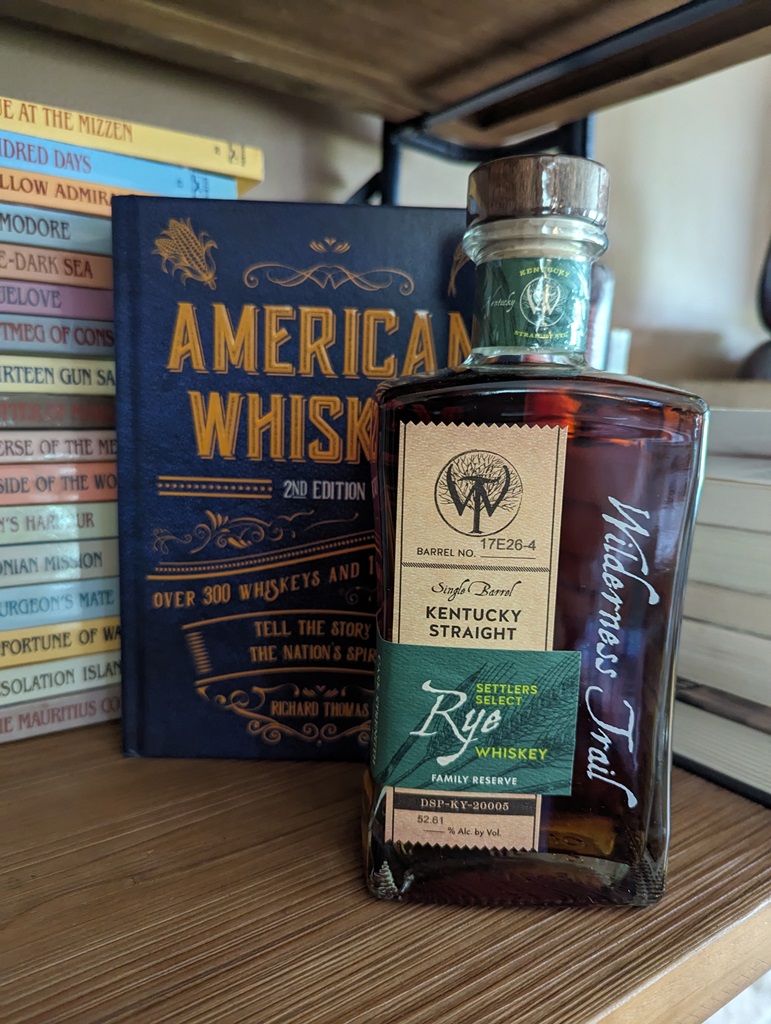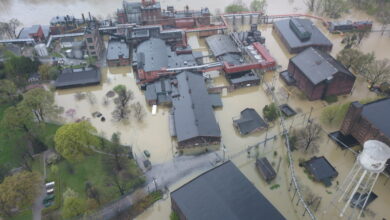Whiskey vs. Whisky
By Richard Thomas
When our review of Grant’s Family Reserve was posted on Grant’s official Facebook fan page, one of the comments received mocked us for labeling Grant’s as “whiskey.” This is because Grant’s label reads “Grant’s Blended Scotch Whisky,” and this website defaults to spelling it as whiskey all of the time, and to some whiskey lovers a lot hinges on how that key word is spelled.
Whiskey vs. whiskey is not even a toh-may-to vs. toh-mah-to argument, because the word is pronounced the same either way. It’s more of a color vs. colour dispute, with how you spell the word depending entirely on where you are from. The original split is between Scottish and Irish distillers. In Scots-English, the word is “whisky,” while in Hiberno-English, the word is “whiskey.” Americans adopted the Irish spelling, while the Canadians and Japanese adopted the Scottish spelling.
That said, a question The Whiskey Reviewer confronted from the start was how to spell whiskey in any given situation. Why not adopt an arrangement whereby it’s “bourbon whiskey” and “Irish whiskey” on the one hand, and “scotch whisky” and “Japanese whisky” on the other? Most style guides in the United States dictate using the word “whiskey” in all situations, something I’m keenly aware of from my publishing background. It is how I and many other publishing professionals in the United States were trained, and it is also how most publications operate. The New York Times, for example, spelled it with the “e” in all circumstances until early 2009. On the other side of the pond, plenty of British publications apply “whisky” to American and Irish labels as well. As you can see, it really is just a matter of “color vs. colour,” and if I allowed it to be spelled “scotch whisky,” I would see a page of red squiggly misspelling lines in every scotch review.
Still, some people (those who live north of Hadrian’s Wall in particular) are very passionate about the Whiskey vs. Whisky issue, and cannot abide the idea of anyone spelling scotch whisky with the offending “e,” people like the commenter who mocked us for using the modern, rationalized American-style spelling of the English language. Anyone who feels passionately on this issue is free to e-mail us, since we are always open to persuasion. The New York Times changed because of a letter from a reader, so maybe we will too.





I think that in the Whisky / whiskey discussion, this link will be fully informative.
Yes, I was aware of the New York Times article, and even referred to it directly in this article. Frankly, I think it is LESS informative. All the NYT writer did was discuss the ins and outs of that newspaper’s style manual issues, plus the complaints they received, without discussing what the spelling split is really all about. That sort of oversight is very typical of what passes for “journalism” at the NYT in recent years.
The NYT ultimately decided to make an exception to their style guide, which otherwise would dictate using the American spelling.
Very good post! We are linking to this particularly great post on our website.
Keep up the great writing.
Great post. One addendum I’d add is that Maker’s Mark and Old Forester (which are deep in “whiskey” territory) adhere to the “whisky” spelling for their labels. This appears to be a conscious, old-timey, stylistic choice and not a solecism (to use a word I learned from the linked NYT article).
So one would rightly say that Maker’s Mark Kentucky Straight Bourbon Handmade Whisky is an American whiskey.
@Snehal — That is true, as does George Dickel. I know in the case of Maker’s and Dickel, that spelling choice was made specifically to have overseas appeal.
Be that as it may, it’s all just semantics.